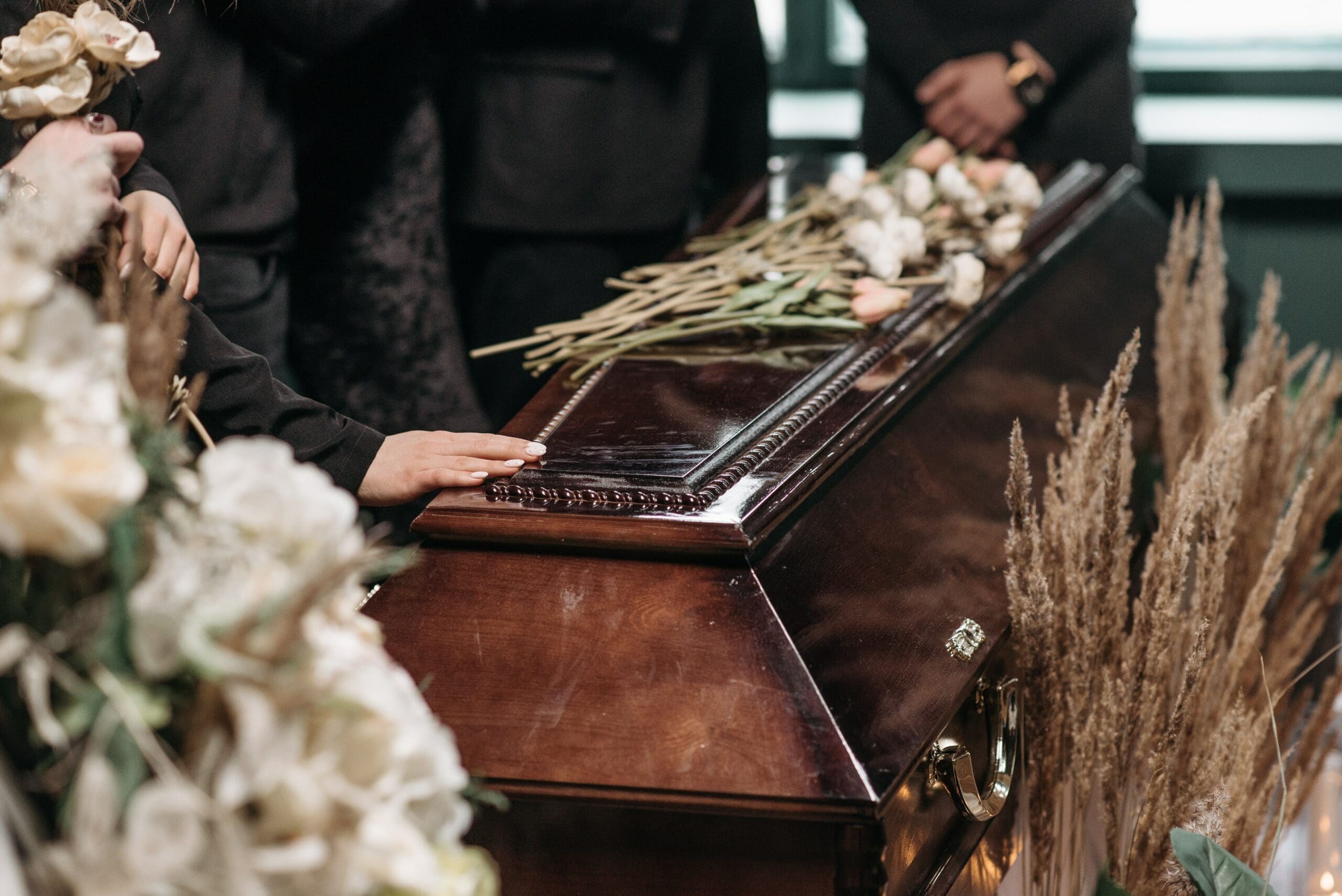Moral, ethical and religious opinions were at the heart of a lengthy debate on assisted suicide that had nearly 40 public commentors in the House Health & Human Development Committee Tuesday.
House Bill 140, sponsored by Rep. Paul Baumbach, D-Newark, permits a terminally ill adult resident of Delaware to request and self-administer medication to end the individual’s life in a humane and dignified manner.
The bill was introduced last year, but didn’t survive the session.
Under HB 140, both the individual’s attending physician or advanced practice registered nurse and a consulting physician or nurse would have to agree on an individual’s diagnosis and prognosis and believe the individual has decision-making capacity, is making an informed decision, and is acting voluntarily.
Rep. Ruth Briggs King, R-Georgetown, who was against the bill, was among those who thought the bill would prematurely end some people’s lives, saying citing religious belief and prayer sometimes prolongs life.
“My father was diagnosed with lung cancer and was given 18 months,” Briggs King said. “He lived 18 years.”
Rep. Mike Smith, R-Pike Creek, questioned a major talking point for proponents of the bill, which was that 70% of Delawareans support assisted suicide, and that is consistent nationally across surveys.
He said the survey question, which asked whether a health care provider honoring a terminally ill patient’s request to end his or her life should be subject to criminal or civil penalties.
“Doctors are not trained in this. Doctors are trained to treat disease,” he said. “They’re not trained to teach you when to die, or how to die.”
Rep. Stell Parker Selby, D-Milton, said she received dozens of emails from Sussex County residents that were in opposition to the bill.
She said when her mother died, she and her family agreed that she wouldn’t go on any machines or have doctors give her anything, and most people in Sussex agree that they want to die without any assistance.
One common form of assisted suicide that was discussed was a powder that is mixed with a small amount of water or other solution that a patient drinks and typically dies within a few hours.
However, the powder often causes nausea and patients can vomit it up causing a delayed reaction.
READ: Food service workers, paraprofessionals could get raises
Doctors from out-of-state testified that they give patients medications to treat nausea before giving them the solution to ensure it works as it’s supposed to, with a painless death a few hours later.
One speaker said 80% of patients who take the solution die within one hour.
Smith and some others pushed the fact that patients must be in the right state of mind while making the decision, and even suggested mandating a psychiatric evaluation prior to making a decision.
“The physicians regularly are assessing the mental capability of their patients,” Baumbach said.
The idea of assisted suicide legislation has been thrown around in the General Assembly for nearly a decade without success.
Personal anecdotes were shared throughout the meeting.
Kevin Hensely, R-Kevin Hensley, R-Middletown, said his mom, who recently died, wanted to go out her way, by her own choice.
“’I’m sorry to lay that all out here,” he said. “But it’s really fresh, and it’s helped me see it from a different perspective.”
Proponents of the bill said someone who is terminally ill and in pain should be the one to make a decision on their life.
Because several committee members left sometime during the meeting, the committee did not have enough voting members to declare if it was released or not.
That will be made clear hours after the meeting on the bill’s tracker site.
Also Tuesday:
House Bill 150, dubbed the Cover All Delaware Children Act and sponsored by Rep. Krista Griffith, D-Greenville, would help Delaware children who are undocumented and do not have access to routine or preventative healthcare, including vaccinations and physicals, because they cannot afford the services.
HB 150 directs the Department of Health and Social Services to develop and operate a limited medical assistance program for children in Delaware who are not otherwise covered, including children who are not documented.
A child resident in the state whose family income is low enough that they would qualify on that basis for Medicaid or CHIP coverage, but is not eligible for Medicaid or other federally funded coverage, is eligible for coverage and medical care under this Act.
The coverage would be co-extensive with that provided by CHIP and Medicaid, except that it would not include in-patient care at a hospital or other healthcare facility.
HB 150 also requires the state to submit a plan amendment to the Centers for Medicare & Medicaid Services so that the state can take advantage of the federal CHIP option to include coverage of pregnant women regardless of immigration status.
HB 150 had enough voting members to constitute a quorum, and legislators voted to release the bill, which will now head to the House floor.
Senate Bill 98, sponsored by Sen. Nicole Poore, D-Delaware City, also was released and is on its way to the House floor.
SB 98 would allow dental clinicians possessing a DDS or DMDS to participate in the Health Care Provider Loan Repayment grant program. The bill also extends the time in which providers may apply for a Healthcare Provider Loan Repayment grant from six months to two years following completion of their graduate education.


Raised in Doylestown, Pennsylvania, Jarek earned a B.A. in journalism and a B.A. in political science from Temple University in 2021. After running CNN’s Michael Smerconish’s YouTube channel, Jarek became a reporter for the Bucks County Herald before joining Delaware LIVE News.
Jarek can be reached by email at [email protected] or by phone at (215) 450-9982. Follow him on Twitter @jarekrutz and on LinkedIn
Share this Post









